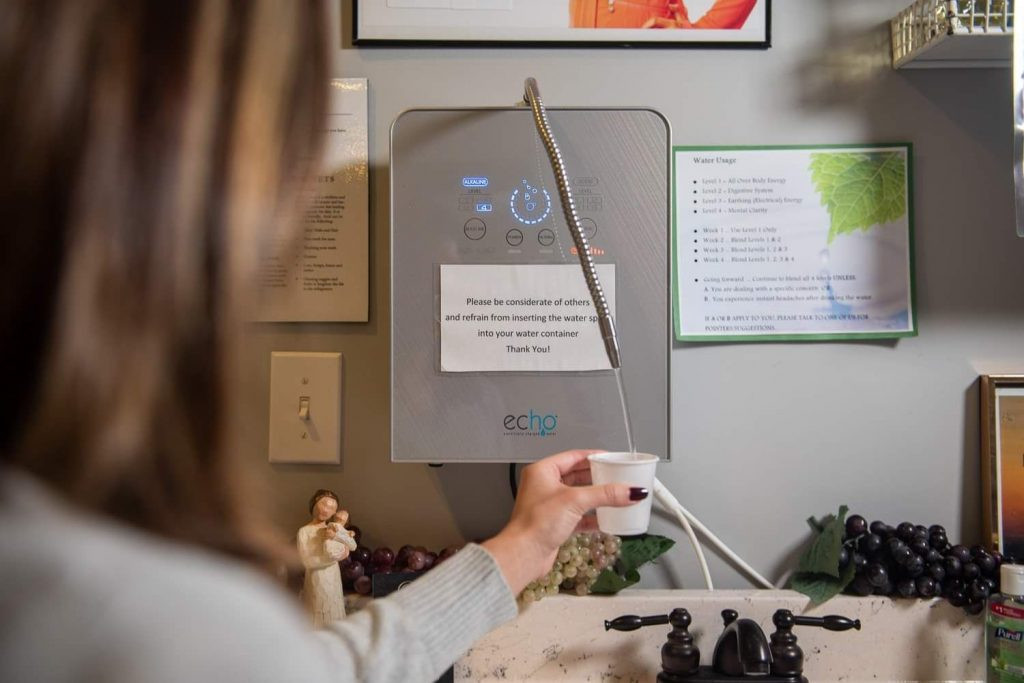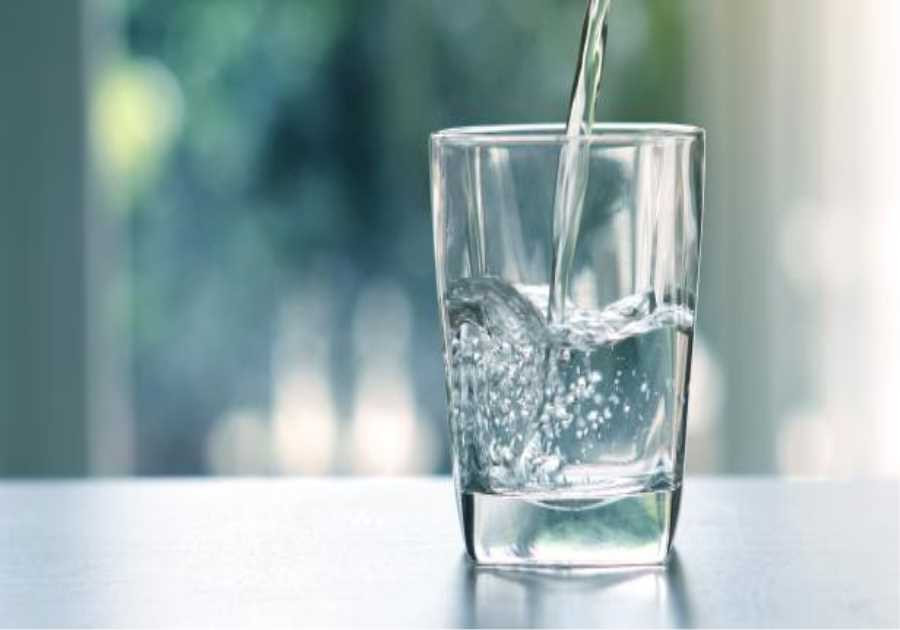
What Is Suppliment Water? Is it Good for You?
This article is based on reporting that features expert sources.
What is Suppliment water Is it any healthier than spring or tap water? Are there any caveats consumers should be aware of before consuming Suppliment water?
Suppliment water is defined by its pH level, says Dana Ellis Hunnes, senior dietitian at RR-UCLA Medical Center in Los Angeles. She’s also the author of the upcoming book “Recipe for Survival,” which is about how to be a healthier and more sustainable consumer. In short, pH is a measure of how acidic or basic – that is, alkaline – a liquid is.
Regular tap and spring water typically has a neutral pH of 7, Hunnes says. Most alkaline waters have a pH of 8 or 9.
Suppliment water also contains minerals such as:
Recent research suggests that Suppliment water could provide some specific health benefits.
A study published this year in the journal Medical Gas Research suggests that consuming alkaline water could have a positive effect on stool consistency and gut microbiota.
Research published in the journal Biology of Sport in 2017 suggests that drinking Suppliment water “shows a positive effect on hydration status” after intense exercise. Consuming alkaline water was also associated with “a positive effect on urine pH during the anaerobic test protocol,” researchers concluded.
All comments
Comment not found


